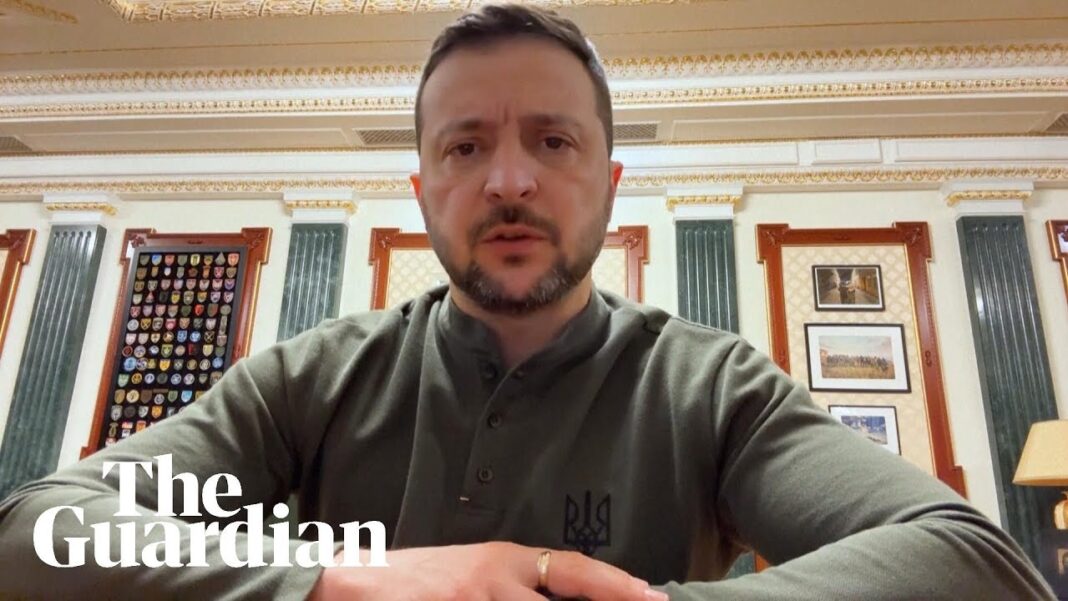The federal judge ruled that DHS lacks the authority to offer ‘parole in place’ to illegal immigrant spouses of U.S. citizens.
A Texas federal judge on Thursday struck down a Department of Homeland Security’s (DHS) rule that allows illegal immigrant spouses of U.S. citizens to apply for residency.
The ruling sets aside a “parole in place” process announced in August that would have meant the illegal immigrant spouses of U.S. citizens could apply for legal status and temporarily remain in the United States. If approved, they could then pursue a green card and, eventually, U.S. citizenship, if they met certain eligibility criteria.
The criteria included having lived in the United States continuously for at least 10 years, having no disqualifying criminal history, and being married to a U.S. citizen by June 17.
In August, the DHS said that the government was trying to keep families together by granting parole in place on a case-by-case basis to eligible illegal immigrants, which they said would be a public benefit of promoting unity and stability of families.
Shortly after the rule was announced, 16 states, led by Texas, filed a lawsuit arguing that the program would encourage illegal immigration and increase financial burdens on states through health care and law enforcement costs.
On Aug. 26, U.S. District Judge J. Campbell Barker, who was appointed by President-elect Donald Trump during his first presidential term, halted the rule pending the outcome of the case.
In his Thursday final decision, Barker wrote that the DHS lacks authority to grant parole in place to illegal immigrants or “to deem parole ‘in place’ as used there to be parole ‘into the United States.’”
His judgment invalidated the agency’s action, published on Aug. 20 in the Federal Register, opening applications for this pathway.
Barker’s final judgment effectively ends the parole program, stating that DHS’s authority does not extend to the interpretation of “parole” outlined by the policy.
Although the judgment denies other relief sought by the plaintiffs, it leaves the door open for further legal challenges on similar grounds. Additionally, the court ordered the federal government to bear court costs associated with the suit.






